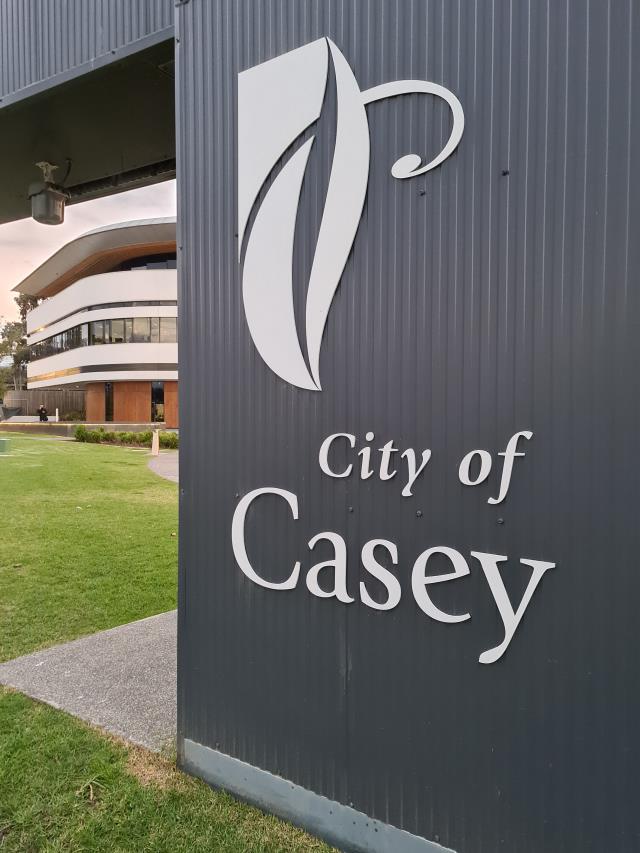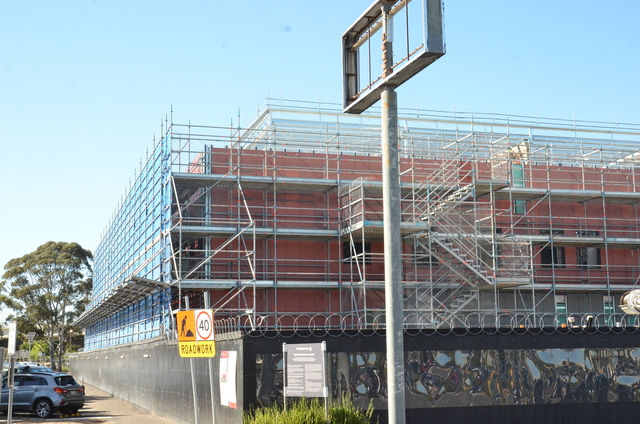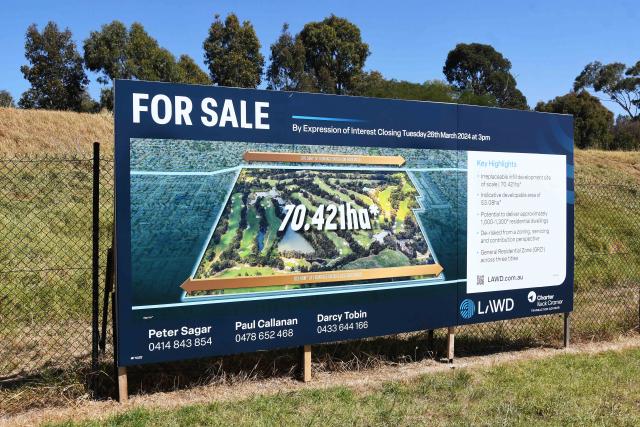All of Casey Council’s key service areas, as well as overall performance, showed a decrease in the latest Local Government Community Satisfaction Survey results.
The council achieved an index score of 50 in overall performance, six index points below last year and one point below the interface council average.
The most significant decreases occurred with the appearance of public areas and sealed local roads key service areas, each dropping by nine index points to 50 and 44 index points respectively.
Casey Council administrators chair Noelene Duff PSM said the council acknowledged that the scores indicated a decline in satisfaction.
“We’re already implementing measures designed to drive improvements and ensure we’re delivering services to the standards expected by council and the community,” she said.
“The decline in scores was a trend seen across both the state-wide and Interface averages for all measures.
“This was particularly evident in relation to sealed local roads, which can largely be attributed to three consecutive years of La Nina weather patterns and the unprecedented soaking rains that contribute to accelerated road pavement deterioration.”
Co-ordinated by the Department of Government Services on behalf of Victorian councils to gain insights into the community’s views across a range of services and performance measures, independent market research agency JWS Research conducted 800 phone interviews with a representative sample of the Casey community to compile the results.
Ms Duff said the council would continue to focus on improving the local road network and maintaining its public spaces.
“We’ll continue to invest in renewing and resealing our local road network and meet the standards set out in our Road Management Plan,” she said.
“We recently awarded four new contracts to deliver mowing services for our open spaces under a new arrangement designed to achieve better maintenance standards.
“We’re confident this will improve performance in maintaining our public areas and in turn, enhance community satisfaction.”
Other decreases included value for money falling from 52 to 49 index points, overall council direction decreasing from 50 to 43 index points, customer service dropping from 71 to 67 points, waste management falling from 69 to 67 index points, community decisions decreasing from 52 to 48 index points, consultation and engagement dropping from 50 to 47 index points and lobbying falling from 50 to 47 index points.
Ms Duff said while council’s Connecting Casey advocacy campaign undertaken in 2022 was “more subtle and nuanced than previous election approaches”.
“It used evidence-based content designed to engage audiences and influence stakeholders, focusing less on public and political agitation and more on building strong, lasting relationships and representing the community,” she said.
“In the lead up to the State Election, more than $1.3 billion in local election commitments were made by both parties, a reflection of our successful advocacy efforts.
“While our score relating to lobbying has declined, we want to assure residents we remain committed to advocating to other levels of government to invest in Casey to help us keep up with growing demands for infrastructure, particularly in roads and transport.”
In 2023, almost all councils which participated in the survey received lower overall performance index scores than in 2022, with the overall performance index score for all Victorian councils falling by a statistically significant three points, from an index score of 59 in 2022 to 56 in 2023.
Ms Duff said the council would look at the community’s feedback to refine its service provision moving forward.
“We are committed to building and improving all areas of council’s services and we will use the community feedback provided in this survey to review our services and consider where improvements can be made,” she said.
On Facebook, Casey resident Dorian Day said Casey Council should look at lowering land rates.
“That would be a good start I’m sure everyone would agree on,” he said.







